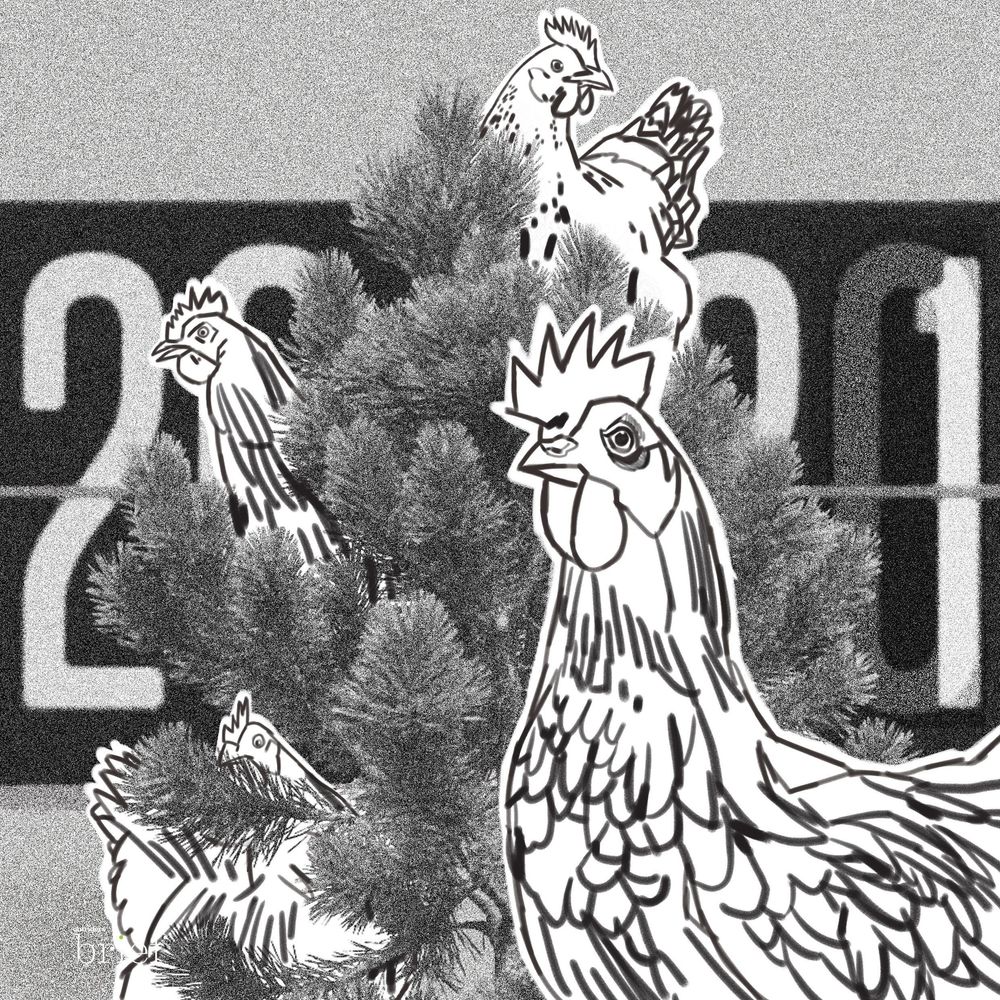Toxic metals in spices in India and the climate issues with the organic meat
Toxic metals from spice powders and car batteries in India are especially dangerous to children there. Among others, lead chromate and lead oxide are used to get colors in turmeric and chili. In urban areas, lead-acid car batteries’ improper processing causes toxic material to leach into the ground. Lead-acid batteries last about four years before they are recycled, often in backyards and scrap metal businesses. Research from 1995 made on 15 000 children and 5 000 adults found that “lead poisoning was a major obstacle to growth, affecting more than 50% of Indian children before puberty.”Roughly half of the children under twelve had a blood lead level that doubled that the World Health Organization considered causing symptoms of decreased intelligence, behavioral difficulties, and learning problems.
Climate damage caused by organic meat production is similar to that of the conventionally farmed meat – a new analysis finds. It also shows that even the production of the lowest impact organic meat, like pork, is still eight times more costly to the environment than the highest impact plants (conventional oilseeds). For the prices to cover climate-cost, beef would have to cost 6 euros more per kilogram, and chicken 3 euros more. Moreover, organically grown plants are half as harmful to the environment as those produced conventionally.























